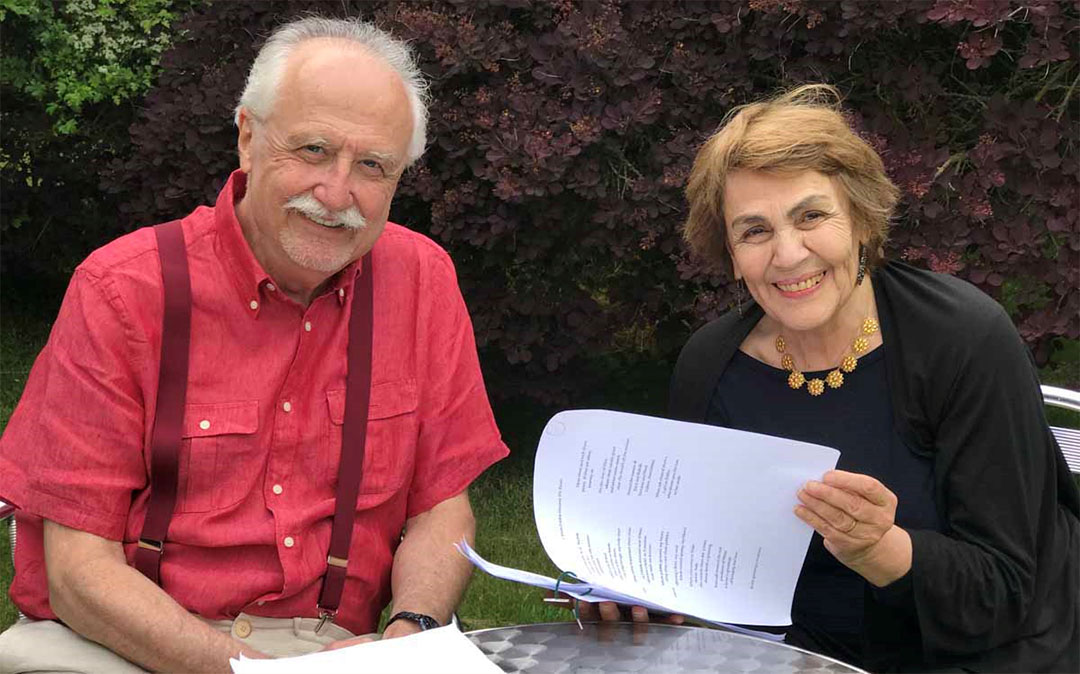Bewildered by Love and Longing: An Interview
Jane Clark and Cecilia Twinch talk to translator Michael A. Sells and to artist and publisher Simone Fattal, who has produced the book Bewildered for The Post Apollo Press.
Originally published in Beshara Magazine, Issue 10 2018.
Cecilia: Michael, these English versions of poems from Translation of Desires have been a work in progress for you for many years now, since the 1980s. What is it about the book that fascinates you?
Michael: It is the poetry of loss and longing from the classic Arabic tradition of love poetry, although it also represents a very distinctive development of that form. One of the things that makes it appealing is that it is based on a very sophisticated psychology of love. It expresses all the moods of a lover, all the ways in which he or she becomes almost different people in relationship to the beloved. This makes it a master work of a poetically-sensitive treatment of love.
Cecilia: Do you feel that this is something timeless that people today can relate to even though the poetic form is unfamiliar?
Michael: Definitely. One of the reasons that I have not included a long scholarly introduction or lots of notes in the translation is so that people who like to read good literature – and even people who think that they don’t really like poetry because these themes are in other forms of literature; they are in music, they are everywhere – will be able to read a poem and say: “I don’t know where this place is or who this person is, but I can see the brilliance of the images, and the beauty of the sound quality.” So they can be brought into this world of extreme delicacy and passion.
Jane: You say that this is a poetry of loss and longing. Can you say a bit more about this? Poem 11, for instance, which is perhaps the most famous, begins:
Gentle now, doves
of the thornberry and moringa
thicket, don’t add
to my heart-ache your sighs.
Gentle now,
lest your sad cooing
reveal the love I hide,
the sorrow I hide away (p.6)
Throughout Bewildered there is a wounded heart, grieving lost love, searching for it again. We see the efforts of translation to preserve aspects of the culture of the original language. These translations searching for the balance between what has to be sacrificed—in this case the rhyme scheme of the Arabic that cannot be replicated in English, and what must remain—the arc of the love poems, the longing for a supreme being, the delve into minute and grand aspects of human emotion inherent throughout.
MS: So the cycle starts with bewilderment and it ends with it. My view is that this concept of bewilderment is central for all Ibn ‘Arabi’s thought, and it comes up again and again in the poems. There is bewilderment because one does not understand what is going on. And there is bewilderment because this is the place where one is confronting things which for human beings are essentially bewildering because they are at the boundary point between the finite and the infinite. That is what great love is, and that is what the religious path is.

